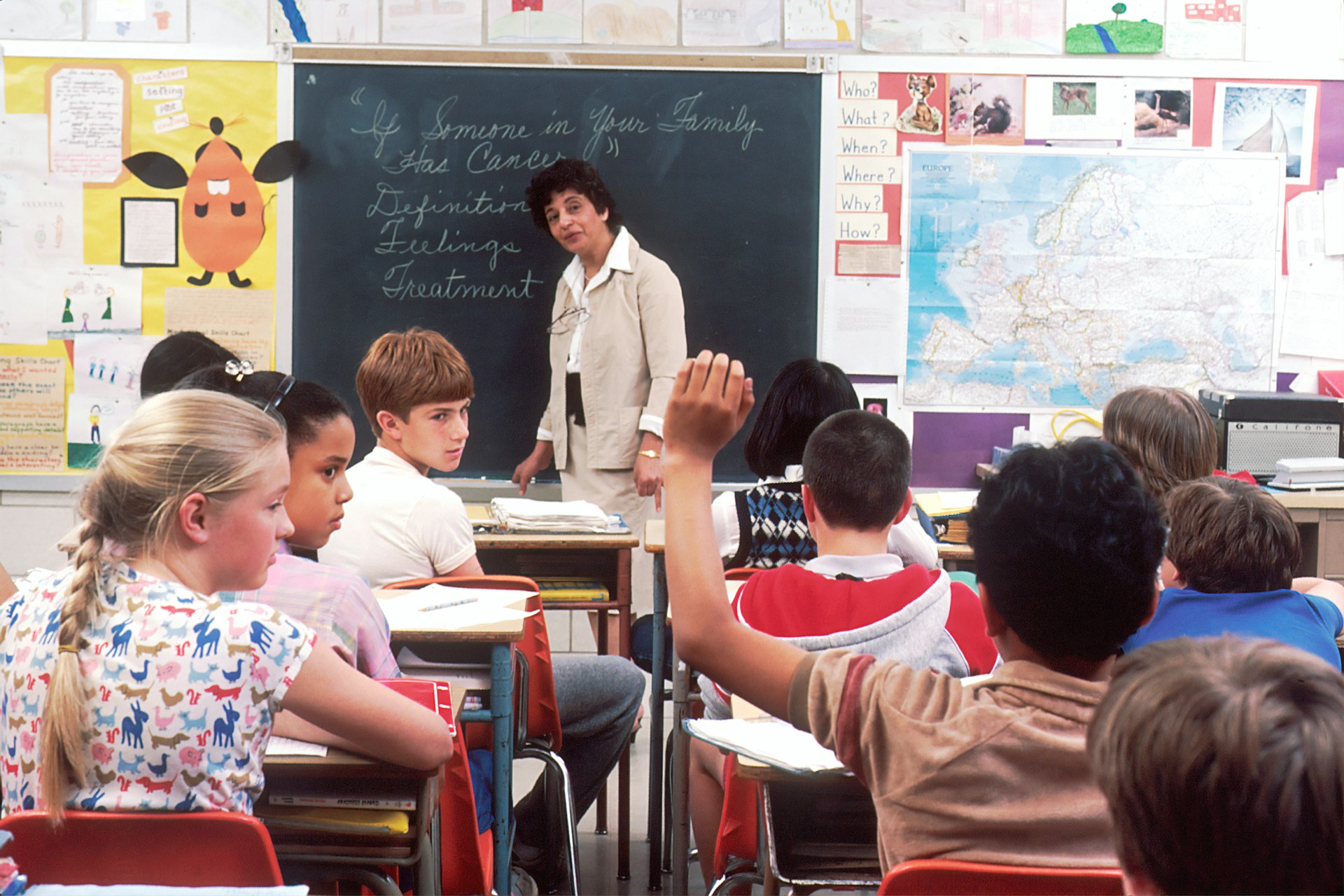
Evidently, evidence is a good thing. We take it for granted that research findings can address the post-lockdown issues in education, ranging from how to retain instructors in the field to how to enhance classroom behavior, reintegrate students, and safeguard a generation's mental health.
However, my research and other researchers' findings demonstrate that implementing evidence-based teaching practices doesn't always produce the desired outcomes.
When determining how to allocate funds for schools, school leadership teams are encouraged by the Department of Education to use evidence from research projects. Compared to ten years ago, teachers are now more often expected to do their own research as part of their professional training. There are now numerous independent consultancies available to assist schools in implementing evidence-based practices in their instruction.
In the last ten years, there has been a particularly strong demand for data to support instructional strategies. The Education Endowment Foundation (EEF), a nonprofit organization established in 2011 with support from the Conservative-Liberal Democrat coalition government, has been the driving force behind the initiative. Its mission is to give schools access to data on the most effective teaching strategies and other educational approaches.
Randomized controlled trials are large-scale research funded by the European Education Fund (EEF) in which students are selected at random to participate in an educational project or not, and then comparisons are performed to determine which students perform better. Several of these studies, for example, compared the reading progress of children who had one-on-one reading sessions with a professional classroom aide versus those who did not. One of these experiments cost approximately £500,000 over a one-year period.
Ben Goldacre, a physician and data scientist who wrote a report in 2013 on behalf of the Department for Education, pushed for trials like this one in the field of education. Goldacre proposed that when it comes to using evidence, education should take a cue from medicine.

Utilizing proof
But in 2023, scientists at the University of Warwick made a very important discovery that should have been clear for a while but has gone mostly unnoticed: following the evidence is not producing the expected advancements.
With almost 40% of all studies funded by the EEF, reading is the research field with the most funding. The majority of schools have adopted reading initiatives that are backed by a substantial body of research. However, reading proficiency in the UK has not evolved significantly over the past few decades.
Test scores are flatlining, and this is a widespread occurrence. Reading proficiency should increase if reading programs are as effective as the data suggests. Furthermore, the evidence is yielding surprising findings. According to a number of randomised controlled trials, including one that examined how to increase literacy through evidence, schools that implement research-based practices do not appear to be outperforming those that do not.
Actually, studies conducted by a group at Sheffield Hallam University have shown that these kinds of educational activities typically have very little to no effect.
My research has demonstrated that teachers may wind up using the results of many research studies in contradictory ways when they are combined and synthesized. Because teaching abilities and knowledge are hard to convey, research messages are often too nebulous to be successful.
It's also starting to become clear that learning usually results in relatively little progress, maybe because learning is the culmination of trillions of encounters. It's likely that the research trials we truly need to do in education would be so extensive that they would be impossible to complete at this time.
Evidence appears to be far more difficult to control and apply intelligently in education than it is in other contexts. It was inevitable, in my opinion, that educators would have to follow the medical field in our quest for solutions. However, we now have to consider the specifics of how evidence functions in education more carefully.